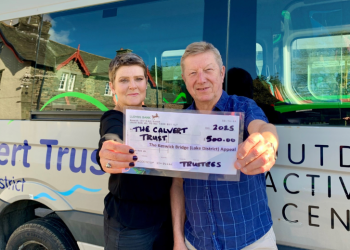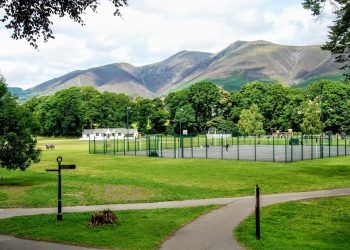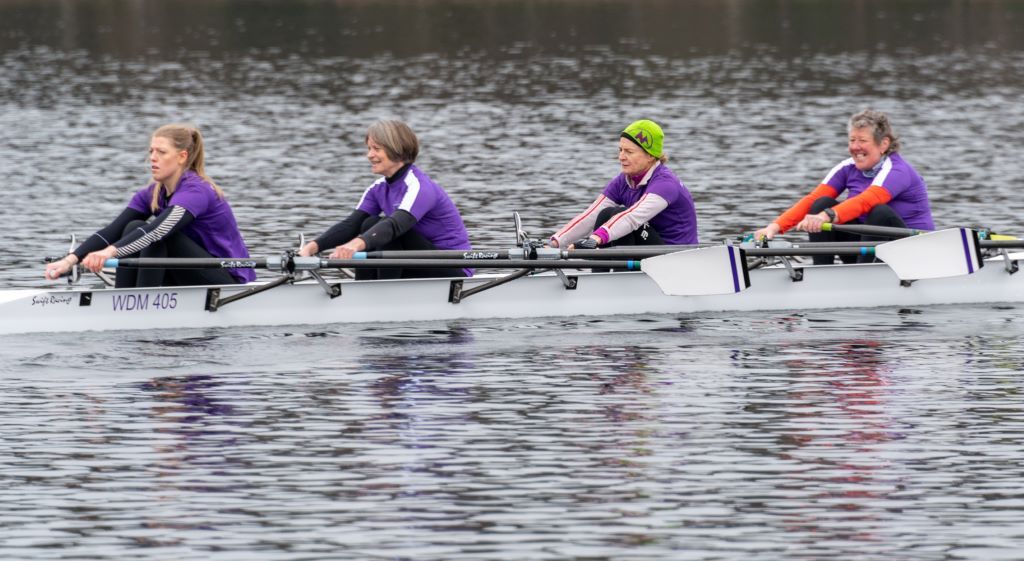
More than 250 rowers from across the north of England converged on Keswick on Saturday for the first full-scale Derwentwater Head in more than 150 years.
The time-trial style event, hosted by Lakeland Rowing Club and backed by British Rowing, was contested by 54 crews of four or eight, aged from 14 to 70-plus.
The fastest boat, an eight from Durham University’s Josephine Butler College, completed the 3km course in 11 minutes 36.4 seconds. They finished more than 13 seconds ahead of their nearest rivals, a quad from Tynemouth Rowing Club, setting a tough benchmark for future years.
Peter Harrison, who competed in a Sunderland Rowing Club masters quad, said: “We were blessed with the weather and the course was great.”
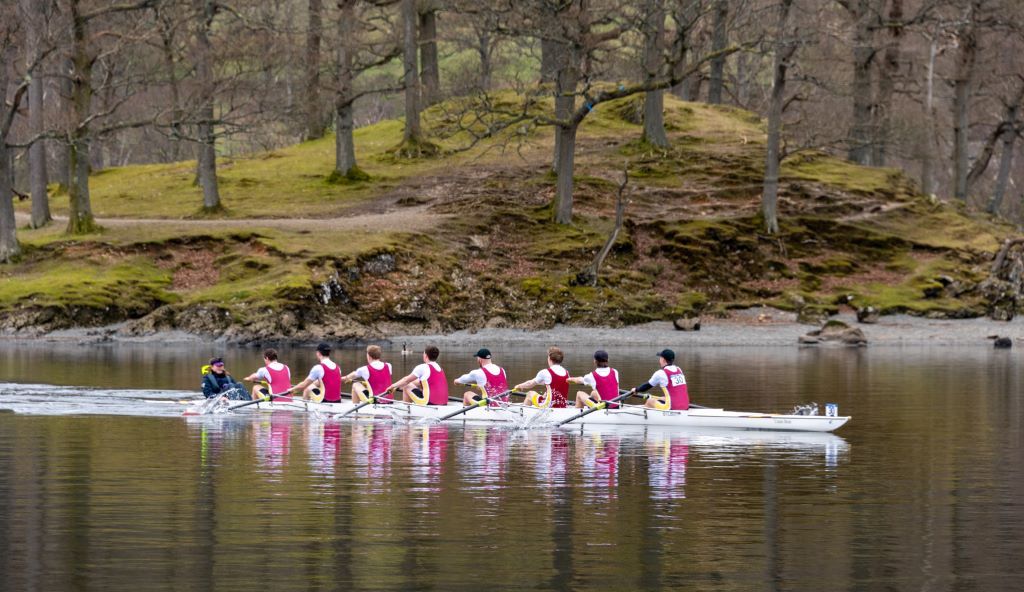
Sasha Castel-Branco, from Durham University’s Hatfield College, who raced in a mixed four, added: “The setting, organisation and atmosphere made it a very special day. It’s a beautiful lake to row on and the way the head was run was absolutely brilliant. We can’t wait to be back.”
Steve Holmes, who was part of a quad from Chester le Street Amateur Rowing Club, said: “It’s a beautiful setting and was a really good day. We’re already looking forward to next year.”
The lake’s last major head race was in 1870, when competitors travelled from as far away as London by train and carried their boats through Keswick to the shore.
Lakeland RC chair Julia McCumiskey said: “It’s the first time we’ve run an event of this size, following a small-scale trial pre-COVID, and it all went very smoothly. The conditions were perfect and it was wonderful to see lots of happy, smiling faces.
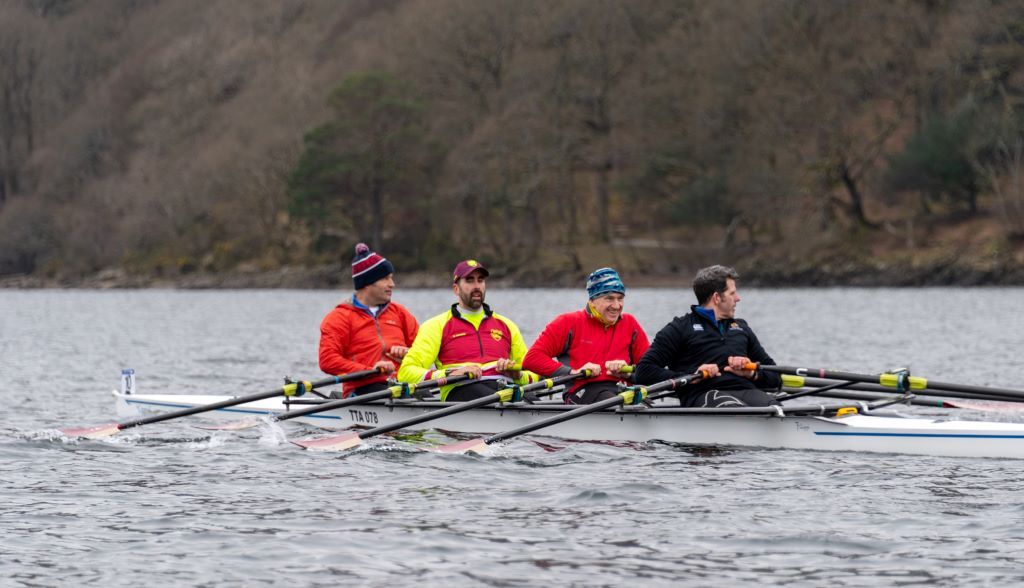
“We’re so grateful for the support of Allerdale Borough Council, the National Trust, the Lake District National Park, Keswick Lions, Mountain Rescue and Keswick Launch Company, and of our sponsors, Cumberland Building Society, Honister Slate Mine, Cumbria Parking Services, Elite Rowing, Bodyfit Cumbria and the Speddings of Mire House, as well as of all our members and their families.
“It wouldn’t have been possible to have the day without their generosity and hard work. We’re already planning how to make the 2024 Derwentwater Head even bigger and better.”


